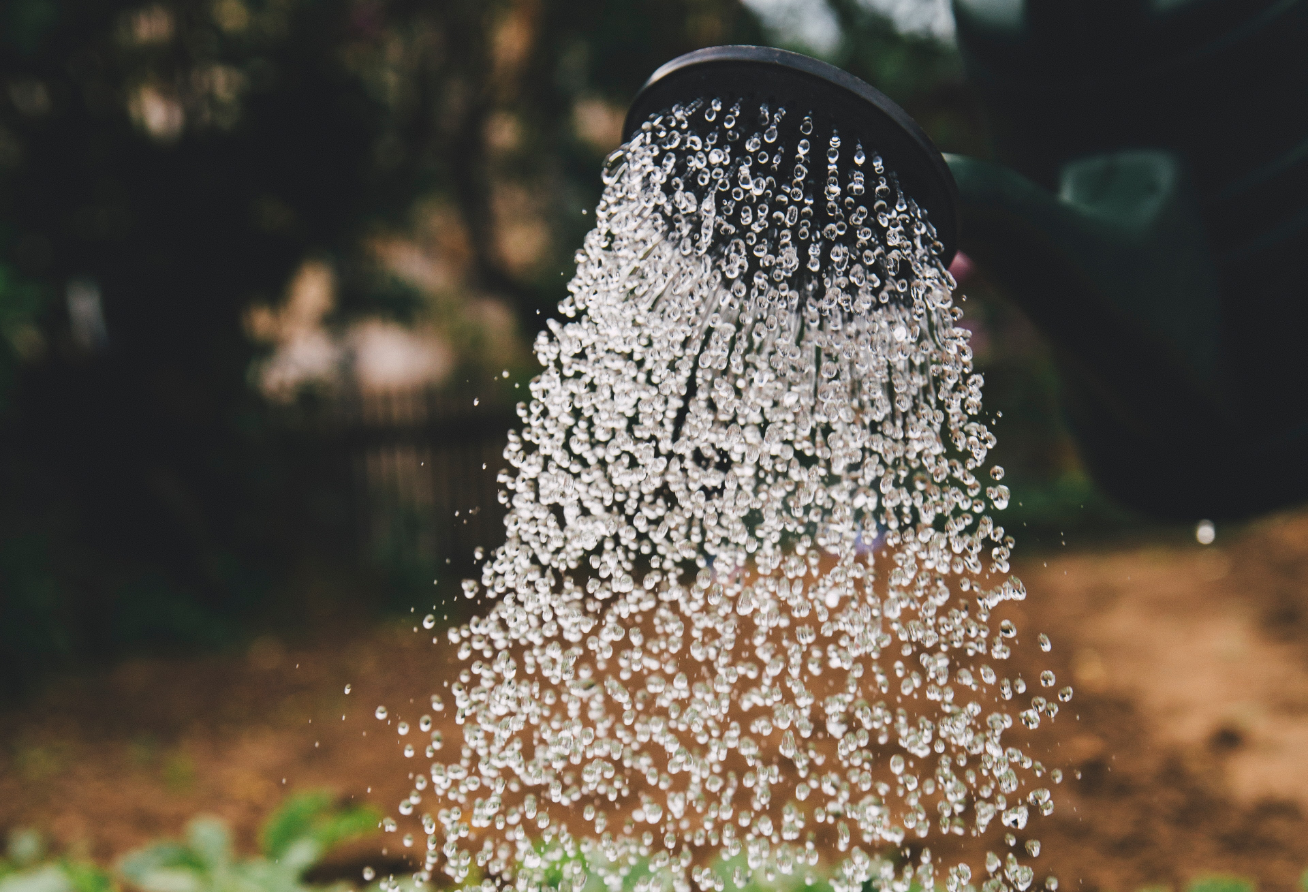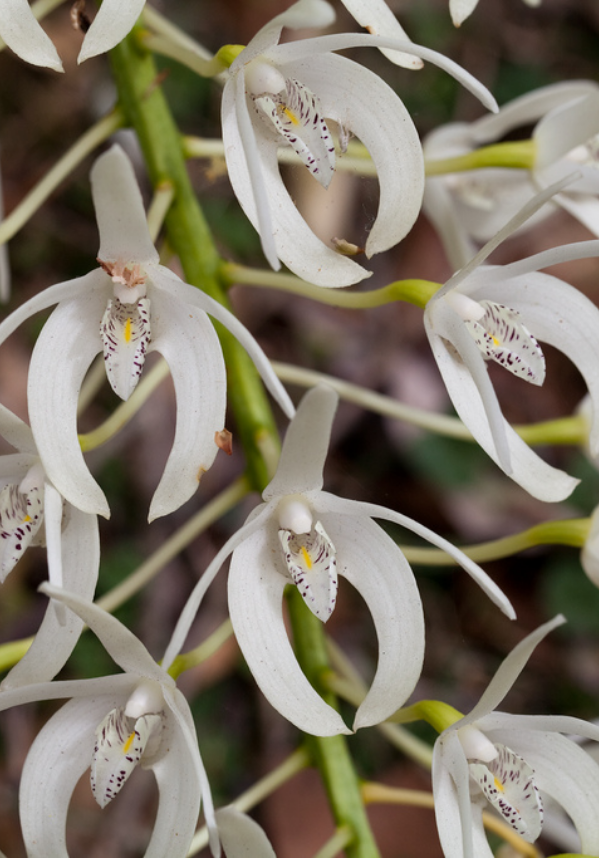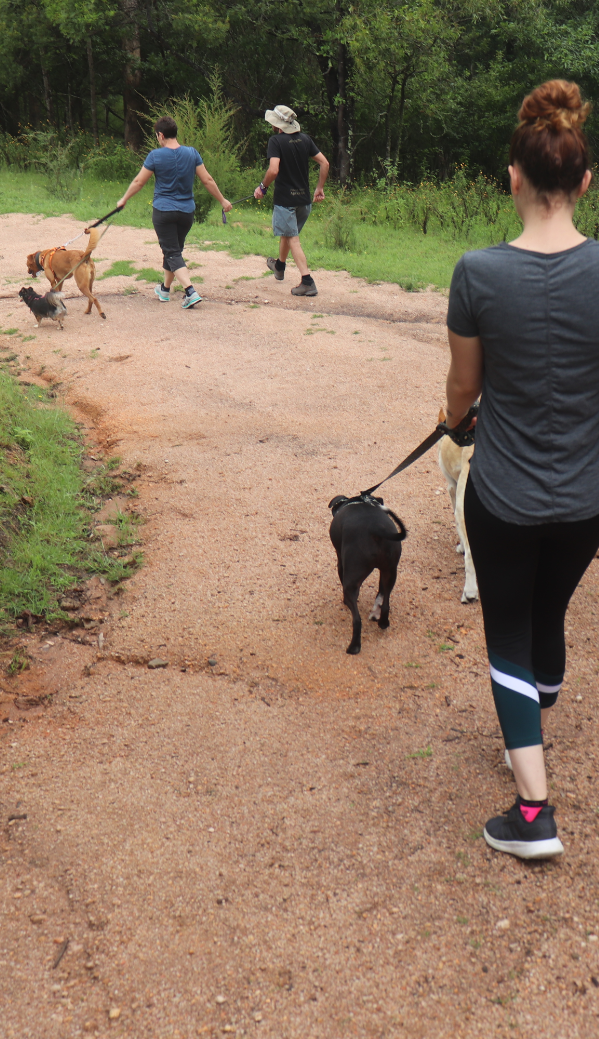

OUR SUSTAINABILITY COMMITMENT
We try to run Rock Lily as sustainably as we can, being sensitive to our environment and the local ecology while acknowledging that a human way of life inevitably has some impact on the environment. The choices we’ve made in fitting out the cottages and our home look to minimise our footprint, reduce waste, and source from suppliers that seek to do good for the planet. We’ve chosen to look for B Corporations and 1% for the Planet members, verifiable supply chains, lower carbon miles, and Australian and Bega Valley sources where we can.
Product Choices and waste management
Our bedding, furniture, and bathroom linen are focused on using sustainably grown, renewable and natural fibres, with cotton, cork, bamboo, and wool as key choices. Where possible, we use suppliers with verifiable supply chains.
Our cleaning products are from ecostore, a New Zealand-based company and B Corporation that focuses on minimal environmental impact with plant and mineral-based ingredient choices, refillable containers, sustainable palm oil, a low-carbon, 100% recyclable, sugarcane-based plastic, and a range of low-impact packaging. ecostore provides extensive detail about its products and practices on its website.
To protect your tender parts from chafing, we buy toilet paper from Yarn’n, a First Nations-owned corporation who provide 100% recycled, Australian made toilet paper and donate 50% of their profits to First Nations education. Who Gives A Crap provides our tissues and our paper towels. They’re another B Corporation, use sustainable materials with traceable supply chains, ship carbon neutral, and donate 50% of profits to help build toilets in developing communities; toilet poverty is a big deal and can prevent kids from getting an education and their communities from being healthy and able to develop safely.
Food for our hampers is bought and stored in reusable, recyclable, or compostable packaging as much as possible. Where we can, it comes from local sources or suppliers, including Tilba Dairy, as well as produce from our garden and neighbours and from The Disability Trust, a local disability service used by Alli’s brother, Craig, where he and a group of other people with disabilities make sweet treats on a Friday that are then sold at local markets. Coffee pods in the guest cottages are recycled using Nespresso’s recycling program.
Waste management
We reduce waste in several ways, including encouraging guests to minimise trash and recycling and doing the same ourselves. We presently generate about half a bin of waste to landfill each week and around two-thirds of a bin of loose recycling each fortnight between ourselves and guests. While we could do better and have plans to evaluate our progress and processes, this probably puts us on the low end of household waste generation, according to the NSW EPA.
We’re investigating a few options to address waste management more effectively, including ways to recycle soft plastics and other packaging that can’t go in our yellow-lid bins.
There is no FOGO collection in Brogo, so green food waste from our home and guest cottages is returned to the earth in our Subpod worm farm that rapidly turns everything from coffee grounds to unused food into compost for our gardens. A single Subpod is enough to turn weekly waste into garden compost in about 6 weeks.

WHAT WE’RE DOING ON THE PROPERTY
We have a long way to go and lots to learn, but we’re taking several steps to preserve and sustain the place we live in, to give us deeper insights into the state of our environment, and to do good across our community.
Knowledge building
In 2023, Stephen took part in the Environmental Markets Leadership Program. The program is supported by NSW Local Land Services and developed by Ethical Fields. It aims to help land managers understand the environmental markets and natural capital present on their land and develop products and services from them.
Carbon accounting
We’re taking steps to assess and understand the volume of CO2 our visitors and we generate. We can use these insights to make smarter, more sustainable choices about suppliers, activities, and actions to reduce our carbon footprint.
Measuring sequestered carbon
It’s important to us to understand what we’re working with on our mostly-forested land. We’ve used CiboLabs’ MyFarmKey to understand better the forest carbon we are holding. MyFarmKey’s assessment shows we hold a little over 5900 tonnes of sequestered carbon in the trees on Rock Lily, with around 43 additional tonnes accumulating year-on-year since 2002.
We still need to assess soil carbon on the property; that’s in our longer-term plans.
We’re looking for ways to ensure the value of our sequestered carbon can be realised and used to benefit further work on the property.
100% renewable electricity owned by customer members
We buy electricity from Cooperative Power, a customer-owned non-profit power supplier that directs profits to causes chosen by customers through a democratic process. We pay a little extra through CoPower’s upstream partner, Energy Locals, to ensure our electricity is sourced from a 100% renewable GreenPower-certified supply. Doing so eliminates about 22,000kg of CO2 emissions annually that would otherwise come from non-renewable power generation.
Reducing energy consumption and greenhouse gas emissions
In our house and the cottages, we’ve replaced old and damaged curtains and blinds with modern roller blinds and thicker curtains – including two-layer blackout curtains in our house. Doing so lets us control heat intrusion during summer and leakage during colder months.
We keep the blinds closed in the cottages when they’re unoccupied in warm weather and open them during the day in winter months. With mud brick construction and concrete slab floors on ground level, this keeps the cottages cool in warm weather and warm in winter. We follow similar practices at the main house.
Low-energy LED lighting in the cottages has replaced incandescent and fluorescent bulbs. Most lighting in the main house now runs on highly-efficient, smart lighting from LIFX.
We have replaced old, inefficient cooking in both cottages with modern electric cooktops and ovens and replaced our gas cooking with a highly efficient induction hob and electric oven.
Biodiversity management
We feel an imperative to consciously and gently manage the rich environment on Rock Lily, especially the endangered and protected Brogo Vine Forest we are stewards of. We’re working towards establishing a conservation agreement for this part of our land and will continue to tell our story as things progress.
future plans
There’s always more we can do, and we have a few ideas we’re working on over the longer term, including:
- replacing old, inefficient, and under-powered solar panels at the main house with modern panels and batteries that let us use direct solar or off-peak mains during the day and battery power at night, eventually going off-grid
- updating old, inefficient air-conditioning at the cottages and main house with modern split system units that use less energy
- replacing the remaining gas hot water system at Bracken Cottage with instant electric hot water
- repainting metal rooftops on all buildings with an efficient, solar-reflective paint to reduce heat build-up in roof cavities